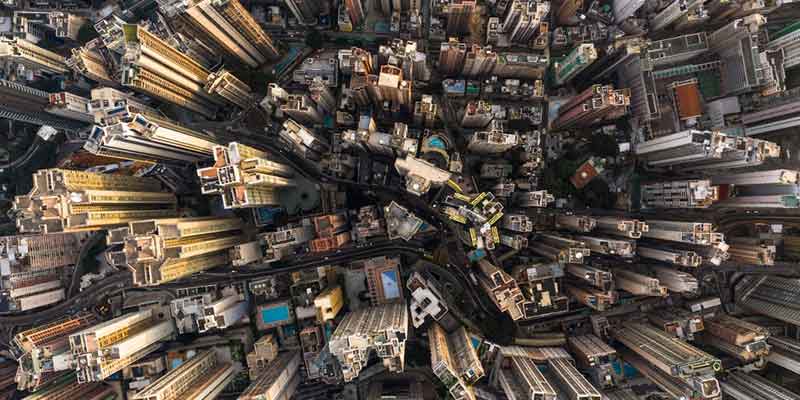- World
- Jan 22
It will take 230 years to end poverty, Oxfam report
• At current rates, it will take 230 years to end poverty, according to the Oxfam report titled ‘Inequality Inc.’
• Since 2020, the richest five men in the world have doubled their fortunes. During the same period, almost five billion people globally have become poorer. Hardship and hunger are a daily reality for many people worldwide.
• For most people around the world, the start of this decade has been incredibly hard. As many as 4.8 billion people are poorer than they were in 2019.
• Meanwhile, billionaires are now $3.3 trillion or 34 per cent richer than they were at the beginning of this decade of crisis, with their wealth growing three times as fast as the rate of inflation.
• This wealth is concentrated in the Global North. Only 21 per cent of humanity lives in the countries of the Global North, but these countries are home to 69 per cent of private wealth, and 74 per cent of the world’s billionaire wealth.
Why do we need to reduce inequalities?
• UN Sustainable Development Goal 10 is to reduce inequality within and among countries.
• Inequalities based on income, sex, age, disability, sexual orientation, race, class, ethnicity, religion and opportunity continue to persist across the world.
• Inequality threatens long-term social and economic development, harms poverty reduction and destroys people’s sense of fulfillment and self-worth. This, in turn, can breed crime, disease and environmental degradation.
• Women and children with lack of access to healthcare die each day from preventable diseases such as measles and tuberculosis or in childbirth.
• Older persons, migrants and refugees face lack of opportunities and discrimination – an issue that affects every country in the world.
• One in six people worldwide has experienced discrimination in some form, with women and people with disabilities disproportionately affected.
• The COVID-19 pandemic both created new inequalities and exacerbated pre-existing income gaps within countries.
How to tackle inequality?
• Equality should be achieved to ensure a life of dignity for all.
• Reducing both within and between-country inequality requires equitable resource distribution, investing in education and skills development, implementing social protection measures, combating discrimination, supporting marginalised groups and fostering international cooperation for fair trade and financial systems.
• Political, economic and social policies need to be universal and pay particular attention to the needs of disadvantaged and marginalised communities.
• Reducing inequality requires transformative change. Greater efforts are needed to eradicate extreme poverty and hunger, and invest more in health, education, social protection and decent jobs especially for young people, migrants and refugees and other vulnerable communities.
• Within countries, it is important to empower and promote inclusive social and economic growth. We can ensure equal opportunity and reduce inequalities of income if we eliminate discriminatory laws, policies and practices.
• Among countries, we need to ensure that developing countries are better represented in decision-making on global issues so that solutions can be more effective, credible and accountable.
• Governments and other stakeholders can also promote safe, regular and responsible migration, including through planned and well-managed policies, for the millions of people who have left their homes seeking better lives due to war, discrimination, poverty, lack of opportunity and other drivers of migration.
What is Oxfam?
• Oxfam is a global movement of people who are fighting inequality to end poverty and injustice.
• Oxfam International was formed in 1995 by a group of independent non-governmental organizations. They joined together as a confederation to maximise efficiency and achieve greater impact to reduce global poverty and injustice.
• The Oxfam International Secretariat is based in Nairobi, Kenya.
• The name “Oxfam” comes from the Oxford Committee for Famine Relief, founded in Britain in 1942. The group campaigned for food supplies to be sent through an allied naval blockade to starving women and children in enemy-occupied Greece during the Second World War.
• After the war, Oxfam continued its work, sending materials and financial aid to groups aiding poor people throughout Europe. As the situation in Europe improved, Oxfam’s attention shifted to the needs of people in developing countries.
• Today, Oxfam is working in about 70 countries, with thousands of partners, allies, and communities to save and protect lives in emergencies, help people rebuild their livelihoods and campaign for genuine, lasting change, keeping women's rights at the heart of everything we do.
• There are 21 member organisations of the Oxfam International confederation.
Manorama Yearbook app is now available on Google Play Store and iOS App Store

